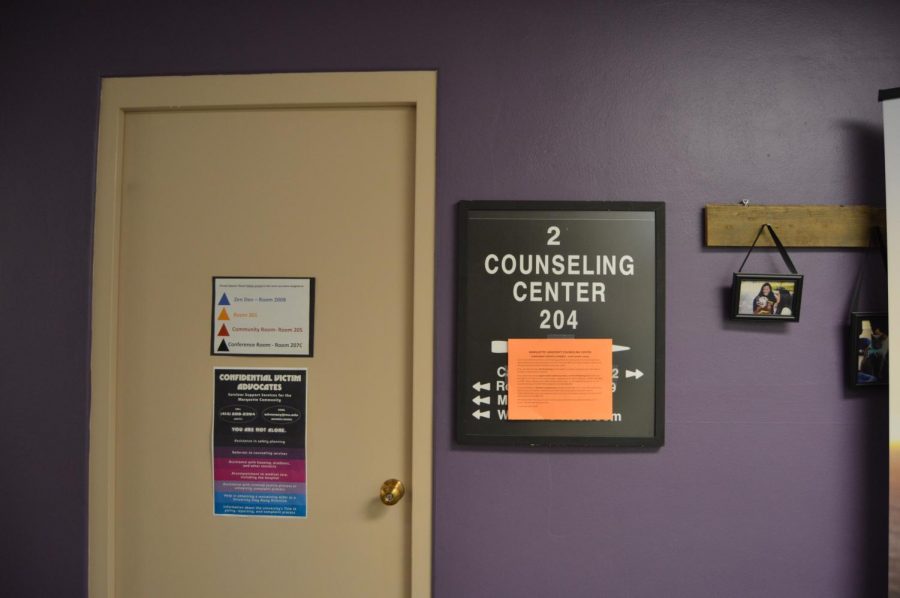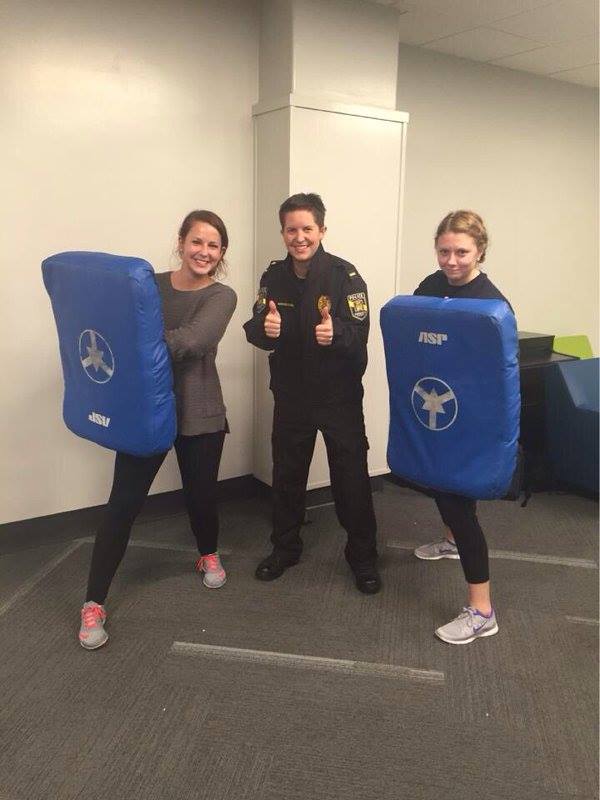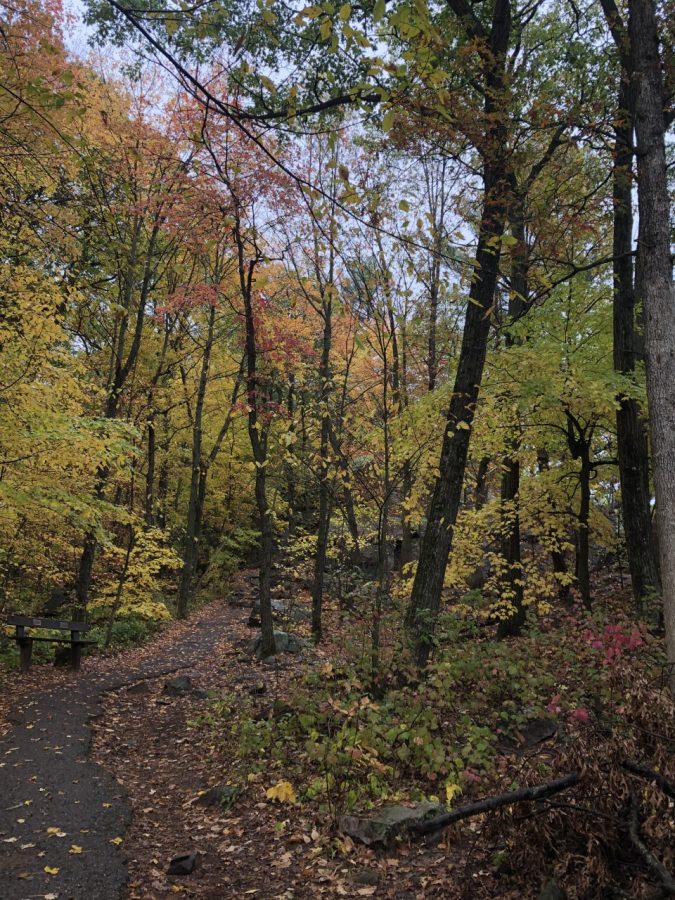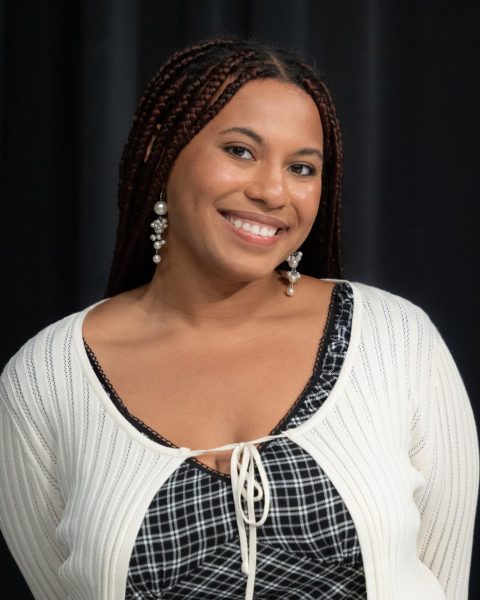Four percent of students across 133 college campuses reported symptoms of depression and 15% reported seriously considering suicide in the past year.
While academic burnout and homesickness continue to plague the college population, mental health is thankfully becoming a less taboo topic on campuses. However, non-specific approaches toward mental health might be limiting the impact of the public health resources our institutions offer us.
While it is not generally possible or ethical for on-campus workers to diagnose or assess mental health disorders in individual students as they are not meant to provide long-term care or medical treatment. However, there should be information and resources provided directly to students through university-funded activities outside the clinic who might be affected by mental health disorders that have been shown to be predominant in young adult populations.
Seasonal Affective Disorder is a subtype of depression that affects 5% of the United States population. Although there are two types, winter-onset SAD, which begins at the start of fall and takes about 40% of the year, is the most common. Summer onset SAD affects a much smaller percentage of the population but is also commonly first diagnosed in young adults.
Additionally, it usually begins to present itself between the ages of 18 and 20. Although it has been studied extensively in the college student population for at least a decade, it can feel like a very isolating experience, especially for those who might not have support systems within or near their universities.
Students are already struggling to balance finding social connections, succeeding academically and sometimes even having jobs or internships. The appearance of symptoms of oversleeping, overeating, and social isolation can seriously slow or halt personal progress they might have anticipated making throughout university.
If schools are determined to truly provide students with the resources necessary for them to succeed, there needs to be an acknowledgement of the specific mental disorders that could be hindering students’ growth and mental health.
Without specialized treatment for SAD, students can be losing productivity and motivation for 40% of their year. This is especially frustrating considering the myriad of treatment options available to treat this disorder.
Unlike other mental illnesses that need year-long therapy or medications that cannot be made available without a licensed professional’s approval, winter-onset S.A.D. has treatment options such as light box therapy.
As the lack of sun caused by seasonal changes is the biggest theorized cause of S.A.D, light boxes are used in order to mimic sunlight and therefore help the body regulate and prepare itself to start a new day.
Some of these light boxes can be extremely expensive, especially when looking for truly effective ones. Additionally, they need to be replaced yearly in order to ensure that they remain functional and many have different light intensities lux counts. Lux is a unit of illumination, or how brightness is measured.
As such, universities could begin providing students with discount codes for light boxes as well as providing resources online so that they can be sure they are using the correct variant of light box and are utilizing them properly as well.
This could be difficult as administrations start looking for what companies they could or should sponsor and potentially advertise to students.
However, that is not the only approach that could impact the appearance of seasonal depression on college campuses. Hosting events that are made especially to inform students about SAD and other seasonal disorders could be a cost effective and simple way to help students create awareness around their mental health and how they feel as the weather around them changes. Especially focusing on student groups who might not have a sense of community off campus or difficult family lives could also be effective, as hometown seasonality has been shown to affect how seasonal depression appears in young adults.
Many students are convinced that the way they feel when the seasons change is a cyclical and unstoppable wave that washes over them yearly, especially at schools like Marquette where winter temperatures drop drastically along with sun exposure.
Universities should see providing these resources as an essential part of their missions to help create informed and successful professionals. Not only will this impact the way students see themselves and the world, but will also affect the change that they make once they graduate and enter the workforce and society.
This story was written by Clara Lebrón. She can be reached at [email protected].







